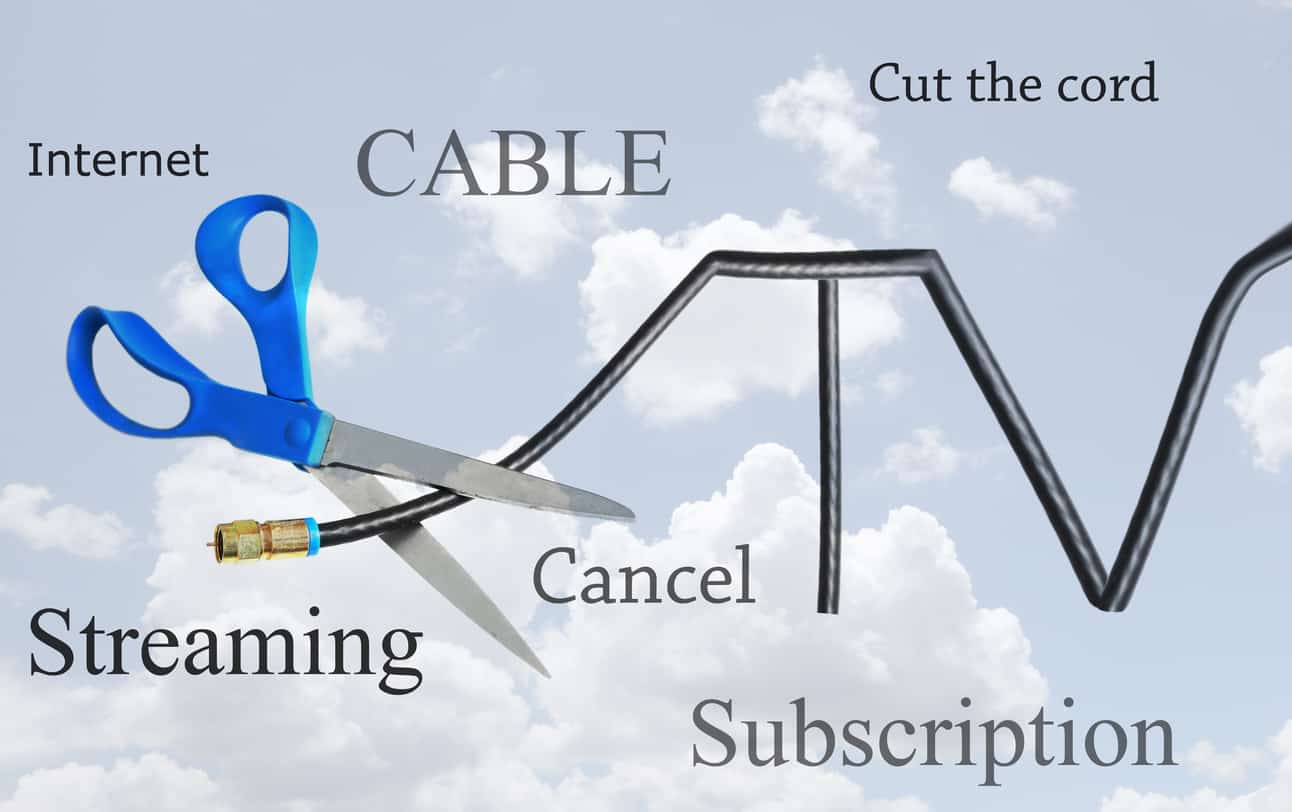To make Wealthtender free for readers, we earn money from advertisers, including financial professionals and firms that pay to be featured. This creates a conflict of interest when we favor their promotion over others. Read our editorial policy and terms of service to learn more. Wealthtender is not a client of these financial services providers.
➡️ Find a Local Advisor | 🎯 Find a Specialist Advisor

I’m sure we would all like to have a little more money, right? Think of the things you could do with an extra $50, $100, $200 a month (or more). Treat yourself, save up for a vacation, or anything that comes to mind. But what is the easiest (and legal) way to get some extra money?
One of the concepts I learned early on with personal finance is: “it’s not about what you make, it’s about what you spend”. Making more money doesn’t necessarily solve problems, because what ends up happening is people just spend more money.
Let’s say someone gets a raise. They go out and celebrate, take a vacation, or upgrade things in their life (phone, TV, luxury car). So after all is said and done, they probably aren’t in a better financial situation at all. In fact, it’s very possible to put yourself in a worse spot by taking on high payments and big loans or debt.
In my opinion, the easiest way to earn some extra money is to review your current situation.
As I am trying to build my own business as a Financial Advisor, keeping costs to a minimum is essential. So in an effort to trim costs, I reviewed my budget and started using a budgeting app. I ended up identifying some ways I can trim my bills to allow myself some more breathing room. One of those being my home internet plan. I think Canadians pay some of the highest fees for mobile, internet and TV services. So I actually ended up cancelling my home internet plan. My contract was up, and I was paying more than I could justify. Plus my phone plan has unlimited data so I can just hotspot when I need. It’s a little thing that I was paying a lot for, that I really didn’t need anymore.
Cancelling my internet will save me around $100 a month after taxes are included.
Instead of being in the position of ‘I need to make more money to afford this’, try thinking in the way of ‘what are my priorities for the money I make?’. Let’s take a look at some ways I think we can all save some money.
1. Subscriptions
In today’s world, we all have subscriptions. Whether it’s Netflix, Apple Music, Spotify, Apps, Amazon Prime, or anything else, we all have them. Do you use everything you’re paying for, or is there a cheaper way? And even if you use it, do you use it enough to make it worth it?
My family all shares one Netflix account (I pay for it). We all have our own profiles and it’s more expensive than the base account, but it’s so much cheaper than if we all had our own. The same thing with Apple Music. We all have our own profiles under one account, saving us all the fee individually.
Instead of wondering how you’re going to make more money to afford things, think of a cheaper way to afford it. Split an account with a family member or friend, or degrade your account to a cheaper option (we could probably all watch less TV anyways).
2. Credit Cards
In the book ‘I Will Teach You To Be Rich’ by Ramit Sethi, he writes about everyday hacks you can do to improve your financial situation. One of them is lowering your credit card interest rate, and I’ve heard this actually works. You can call in to your credit card provider and try to negotiate down your interest rate.
Along with trying to get a better interest rate, look at what rewards you can get with your card — or if there’s a better option for you. I haven’t used my debit card in years, because I get cash back with my credit card. So I make my usual daily purchases, get cash back rewards that accumulate each month, and pay my credit card off all the same. So it doesn’t cost me anything, and I get some points. It may not be a lot, but over a year it turns into free money, and who doesn’t like that?
Being on a plan to reward you where you shop (AirMiles, PC Points, etc) gives you small rewards. Especially if it’s free, make sure you’re signed up and reaping the rewards.
3. Unnecessary Bills
Just like my internet bill, I’m sure we all are paying for something we could go without, or at least find a better deal. Maybe you don’t need your internet, or maybe you do — in which case are you paying for what you use, or can you get a better deal from another provider?
It might seem like an inconvenience to inquire or ultimately switch, but if you can save yourself $500 a year by being on hold or a phone call for an hour or two. That’s an awesome hourly wage. Taking the first step is usually the hardest, but you’ll be glad you took it. I knew I should phone my internet supplier for days, but I kept putting it off for no reason. Once I made the call, it was so easy and felt good to get it checked off my list.
Saving a few bucks here and there might not seem like a lot. But if you can find a few areas you can save, and add them all up, it could turn into something pretty significant.
So instead of trying to figure out how you can make more money, flip your perspective on how you can save more money. By cleaning up the things you’re paying for (but don’t really need) you could really surprise yourself with how much you can save.

About the Author
Derek Condon, CFP®
To make Wealthtender free for readers, we earn money from advertisers, including financial professionals and firms that pay to be featured. This creates a conflict of interest when we favor their promotion over others. Read our editorial policy and terms of service to learn more. Wealthtender is not a client of these financial services providers.
➡️ Find a Local Advisor | 🎯 Find a Specialist Advisor

